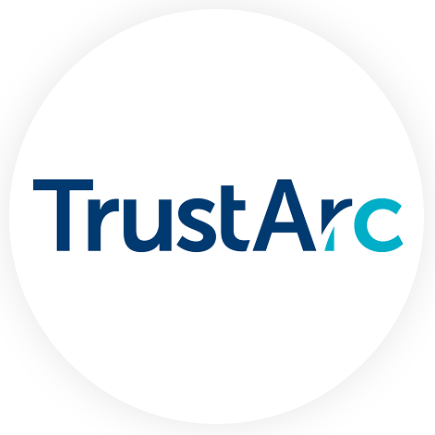How secure is your data? Chances are, not secure enough.
Backing up data can take considerable effort, so many people skip this essential altogether. Others are content to take a haphazard approach, consisting of the occasional manual backup. Often, this neglect leads to significant losses, which can be both personally and economically destructive.
Every year, World Backup Day provides a valuable reminder of the need for regular data backups. While this specific day offers a great opportunity to get caught up with your personal or business-oriented backup needs, such solutions are no less important throughout the rest of the year. It’s never too late to get started with a customized backup solution. This is true even if your data has been compromised in a breach or natural disaster.
Keep reading to learn why data backup is crucial and find basic steps for improving data security as you achieve personal peace of mind.
Why Data Backups Are Important
Data loss is shockingly common. According to a survey conducted by Acronis in 2019, 65% of consumers or close family members lost data within the year before the poll. What’s more, 29% of businesses admitted to suffering data loss events that led to downtime.
It may occur regularly, but that doesn’t make data loss any less devastating to the individuals and businesses that experience it. Concerns sparked by lost or compromised data include:
- Protecting your reputation. Today’s consumers are increasingly worried about data security. They also desire quick service, which can only be guaranteed when your website achieves maximum uptime. In the event of significant data loss, customers may question whether they can rely on your business. Even if said data is ultimately recovered, the damage to your reputation could prove costly in years to come.
- Streamlined IT services. Whether your IT needs are outsourced or handled in-house, data recovery occupies valuable time and resources from other projects. If data is adequately backed up, it can quickly be accessed when needed, freeing your IT team to focus on other essentials.
- Limiting the impact of ransomware attacks. Much of the power that malicious parties hold during ransomware attacks derives from their ability to keep critical data hostage. However, if data is available elsewhere, it may be easier to recover from these attacks or avoid repeats.
- Improving security with encryption. Many data backup options integrate strong encryption to ensure that all files are thoroughly protected. Built-in encryption options for cloud backups are particularly convenient, and they provide much-needed peace of mind as users transfer sensitive data.
How to Back up Computer Data
There are many ways to back up data on your computer or across your network, but not all solutions are ideal for users. As the aforementioned Acronis report points out, half measures must be avoided; after all, the prevalence of data loss revealed in the survey occurred despite the vast majority of participants having backed up their data.
Manual backups are better than no strategy at all, but they rely on people actually following through on a regular basis. For this reason, many people favor the automated nature of cloud backups. Still, in a pinch, simply copying files from hard drives to flash drives can help. Other backup strategies include the following:
- External hard drives. Affordable and easy to implement, these backup solutions allow files to be plugged into sources outside of the primary computer on which they typically reside. Unfortunately, this approach can be vulnerable to power outages and other issues that compromise data on the original device.
- Network-attached storage (NAS). This dedicated file storage solution allows multiple users to access data from a centralized location. Many small businesses favor NAS for its ease of access, affordability, and quick implementation. In hard drive failure, some NAS systems feature built-in redundancy to ensure that access remains available.
- Cloud services. As one of the most versatile and secure data backup approaches available, the cloud provides a reliable and accessible solution complete with compliance safeguards.
Keep in mind that cloud storage and cloud backup are not the same. Storage options such as OneDrive or DropBox are great for keeping essential files in a centralized location. Still, they might not provide sufficient protection in the event of a breach or outage. What’s more, while cloud storage offers encryption on the server-side, dedicated cloud backup providers up the ante by encrypting files as they are both transferred and stored.
When considering the pros and cons of cloud computing, determine your need for uptime and the potential for upfront expenses with an in-house solution. Other concerns may include mobile access and scalability. While no specific answer is ideal in every situation, chances are you’ll benefit from the convenience and security that cloud backups promote.
Data Backup and Recovery Solutions with NerdsToGo
There’s no substitute for an effective data backup solution. With so many options available, however, it can be challenging to know where to start. Don’t let indecision cause you to procrastinate on this essential. Our certified experts at NerdsToGo can help you find a solution that works well for your business or personal needs.
Contact us today to learn more about our residential and commercial data backup options! We also are pleased to offer a range of managed services tailored for small businesses. We’d be happy to discuss your situation and get you on the path to data security.



